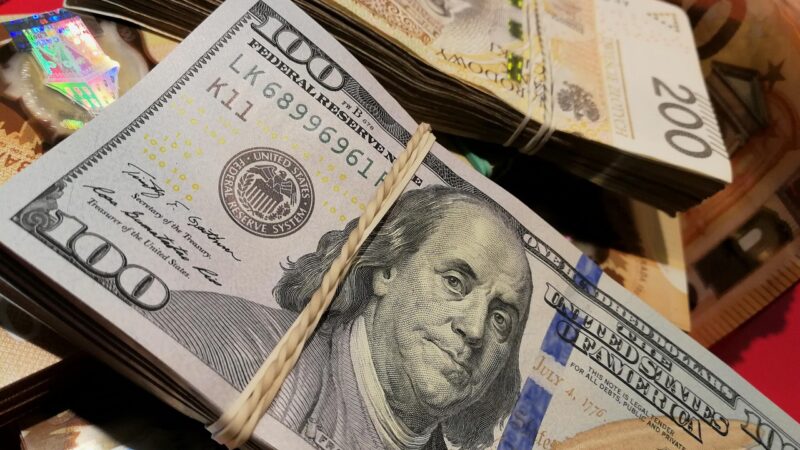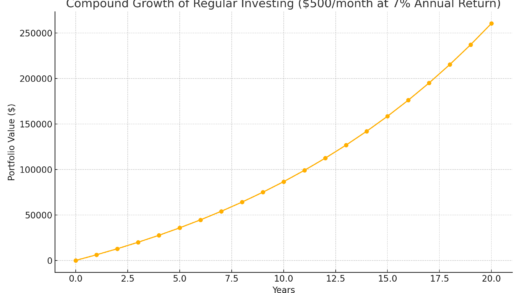Personal Loan or Credit Card: What’s the Smarter Choice?

Thinking about a big expense? Whether it’s a home upgrade, new furniture, or a medical bill, you’ve got options. Two of the most common are a personal loan or a credit card.
Let’s make it easy to see which option works best for you.
What’s the Difference Between a Personal Loan and a Credit Card?
- A personal loan gives you a fixed amount of money upfront. You pay it back in equal monthly payments, usually over a few years. Interest rates are usually lower and fixed.
- A credit card gives you access to a revolving line of credit. You can spend as needed, up to a set limit. You only need to make minimum monthly payments, but interest can add up quickly if you carry a balance.
Which One Has Lower Interest?
Personal loans usually have lower interest rates—especially if you have good credit. Most range from 6% to 36%.
Credit cards tend to charge more, with average rates around 20%. Some cards offer 0% interest for the first 12 to 18 months, which is helpful for short-term purchases if you can pay the balance before the promo ends.
How Much Are You Spending?
- For big, one-time costs (like a $10,000 home project), a personal loan makes more sense. You get the full amount right away and pay it back in set monthly chunks.
- For smaller or ongoing costs, a credit card gives you more flexibility.
Repayment: Which Is Easier?
Personal loans come with fixed payments. You know what you owe each month and when you’ll be debt-free.
Credit cards give you flexibility. You can pay the minimum or more—but if you only make the minimum, it could take years to pay off what you owe.
How Does Each One Affect Your Credit Score?
Both options affect your credit score.
- Credit cards impact your credit utilization. If you use too much of your limit, your score can drop.
- Personal loans don’t count toward utilization and can actually improve your credit mix. This can help your score, especially if you make payments on time.
Best College Loans: Essential Borrowing Guide
Watch Out for Fees
Here’s what to look out for:
Personal Loan Fees:
- Origination fees (usually 1%–8% of the loan)
- Prepayment penalties (in some cases)
- Late payment fees
Credit Card Fees:
- Annual fees
- Late fees
- High interest on cash advances
Always read the fine print before you borrow.
When a Personal Loan Makes Sense
You should consider a personal loan if:
- You’re making a large purchase
- You want predictable monthly payments
- You’re looking to consolidate high-interest credit card debt
When a Credit Card Works Best
A credit card might be the better option if:
- You’re covering a smaller or short-term expense
- You qualify for a 0% APR introductory offer
- You can pay it off quickly
- You want to earn rewards or cashback
Real-Life Examples
✅ Example 1: Home Renovation – $12,000
A personal loan at 8% APR over three years could save you money compared to using a credit card with 22% APR.
✅ Example 2: New Laptop – $2,500
A 0% APR credit card used carefully and paid off in 12 months could cost you nothing in interest.
So, Which One Should You Choose?
It comes down to your situation. Ask yourself:
- How much do I need?
- How fast can I pay it back?
- Do I want steady payments or flexible ones?
- What’s my credit score?
Here’s a quick cheat sheet:
| Situation | Better Option |
|---|---|
| Large, one-time expense | Personal loan |
| Smaller or ongoing purchases | Credit card |
| Need predictable payments | Personal loan |
| Can pay off quickly | Credit card |
| Want rewards or 0% intro offer | Credit card |
Still unsure? Try this loan vs. credit card calculator to compare options.
Big purchases come with big decisions. Picking the right way to pay can save you money and stress. A personal loan gives you structure. A credit card gives you freedom. The best choice depends on your budget and how disciplined you are with repayment.



